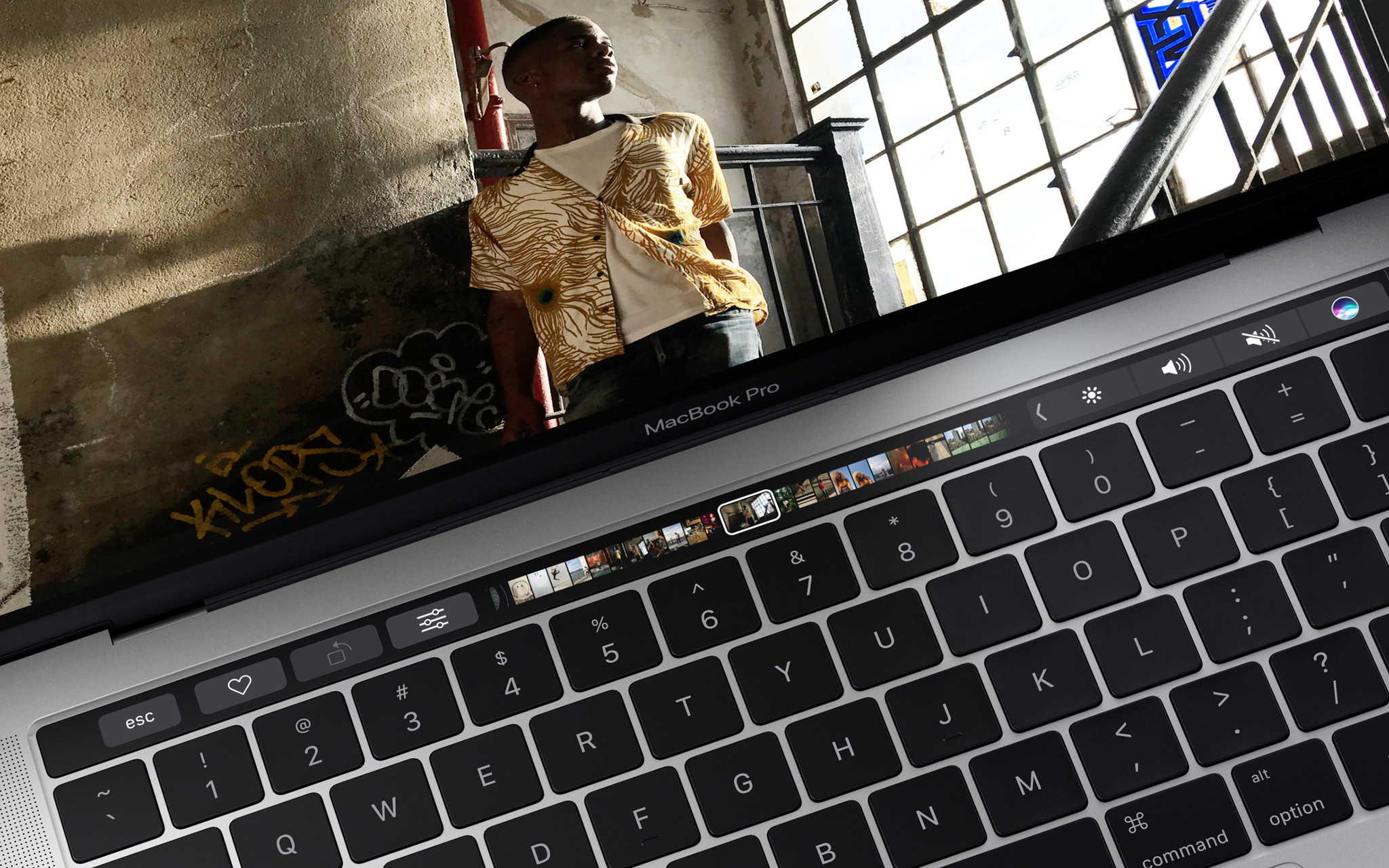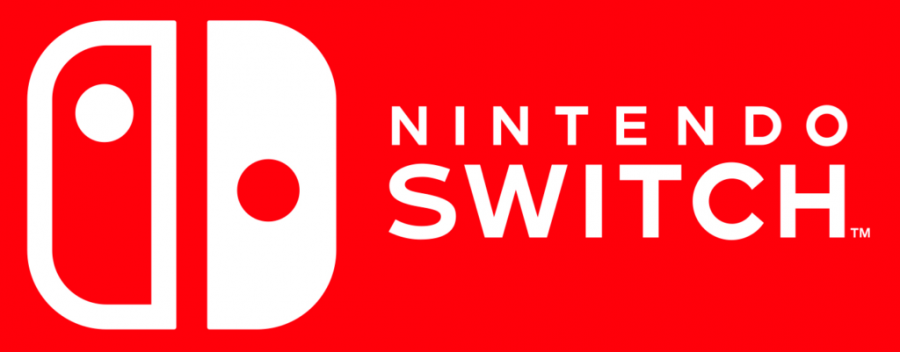THE NINTENDO SWITCH
Nintendo recently announced the Switch, a console that combines a tablet with two removable controllers, transforming it into a portable gaming machine. It comes at an important time for Nintendo. Although games like Mario and The Legend of Zelda are still staples, the Wii U, Nintendo’s current game console, has sold only 13 million units in 4 years. Compare that to the original Wii, which was able to match those sales in under a year. They’ve also taken a hit in the handheld market. While the 3DS remains popular, tablet and smartphone games are getting so popular and complex, and on pieces of hardware that everyone already owns that there’s no longer a need to buy a handheld console dedicated solely to playing games.
Tablets and smartphones are eating away at everything. Camera sales have imploded, and compared to only two years ago, 20 percent fewer PCs are being sold. Clearly for any electronic to survive in the era of the smartphone it has to offer something unique, but I don’t think these devices are dead in the water. Instead their roles are shifting.
YEAR-OVER-YEAR CAMERA SALES
Take, for instance, video game consoles. Tech analysts have been predicting for years, almost decades at this point, that consoles would go the way of the dodo. Compared to a fully-equipped home computer, they are significantly less powerful; yet, they have survived and even thrived in the face of the PC bubble. Desktop computers are now much less common, but by all accounts, the current generation of video game consoles is stronger than ever. The PlayStation 4 has sold nearly 18 million more units since launch than the PlayStation 3 did over the same period of time, and while the number is smaller for the Xbox One, the same trend can be seen. Video game consoles have not only survived PCs; they also seem to be surviving the onslaught of competition from smartphones and tablets. What makes them so different from laptops and PCs or from cameras?
It all comes down to convenience versus specialty. For a long time, if you needed to quickly look up a recipe or Google something, that meant opening up the laptop. If you needed to quickly take a photo of something, you’d pull out the point-and-shoot camera. Now both of these situations are probably better handled by a smartphone; they’re simply more convenient. That’s where they excel. Smartphones and tablets handle those incidental things that an average Joe would deal with on a day-to-day basis. They handle those spontaneous moments of curiosity or impulse.

Every electronic that has succeeded alongside the mobile revolution has been one that offers some type of specialty. What it compromises on convenience, it makes up for in sheer capability and efficiency. This is why the PS4 and Xbox One have been successful where the Wii U has not: they cater to the segment of the market that can’t be completely satisfied with impulse, gamers who want a deeper experience than Candy Crush or Flappy Bird. Both consoles, in turn, offer up those long-form games with graphical capabilities beyond what is capable on a mobile platform, as well as a means of interaction (a controller) that makes them more efficient to use than a touchscreen. While they sacrifice sheer convenience, they carve out a niche market that can’t be satisfied by smartphones. The Wii U and the 3DS, in catering to more casual gamers, had to compete directly with smartphones — a battle they could never have hoped to win. In the same vein, DSLRs will probably always be around because they are much more powerful than a smartphone camera. While fewer people need that capability, the professionals who do simply couldn’t do without.
The PC market, on the contrary, has been slow to adjust to its new role. There’s no need for a laptop to do routine household tasks anymore, and yet a huge majority of PCs are still only designed to satisfy those routine tasks. However, this is changing. Apple and Microsoft both revealed new computers last week, the new Macbook Pro and the Microsoft Surface respectively. While they each carry a hefty price tag, they have clear specialties in mind. Microsoft’s Surface Studio and Surface Book are aimed directly at creative professionals, people who need to draw and animate on a regular basis, and both of these products offer the ability to draw directly on the screen. The Macbook, on the other hand, has introduced the ‘touchbar,’ a small touchscreen on the keyboard which customizes the input methods based on what program you are using. Apple also markets this for creative professionals, specifically video editors and others who could use the bar to quickly navigate and manipulate content.
THE NEW MACBOOK PRO’S TOUCHBAR

Consumer electronic companies must realize that when people want to do simple tasks or quickly find out information, they will turn to their smartphones. However, if those same people need to do something for their job or do it for a sustained period of time, they’re going to choose specialty and efficiency over convenience. They need to play to those strengths. For PCs, that’s the ability to create rather than to consume. They can carve out their niche by broadening the means through which users can interact with the computer and making them more comfortable: better keyboards, screens that can be used for digital painting, the Mac’s touchbar, etc. For video game consoles, that means bigger and better games and more comfortable controllers.
The Nintendo Switch tries to bridge the gap and be both as convenient as a tablet and as capable as a console. It’s an honorable goal, but there are risks at every turn. It could very well spread itself too thin and instead not deliver on either of those goals. On the other hand, it could excel at both, but come in at too high of a price to compete. There will be a compromise somewhere and I only hope they’ve chosen the right one. They can afford to sacrifice some graphical capability if the rest of the experience is enhanced by the novelty of the system, like the removable controllers and the capability to use them for cooperative games. They could also afford to sacrifice some of the convenience, perhaps in the form of shorter battery life, but only if the graphical capability is excellent. But if they cut corners anywhere else — if the controllers are hard to use, they don’t release enough games, or they come in at too high a price point — then the console and the company itself could be finished. Nintendo has to succeed with the Switch, and for the good of the video game industry as a whole, I hope they do. They no longer have the capital to keep developing new technologies. In order to stay afloat they need a hit and they need it now


